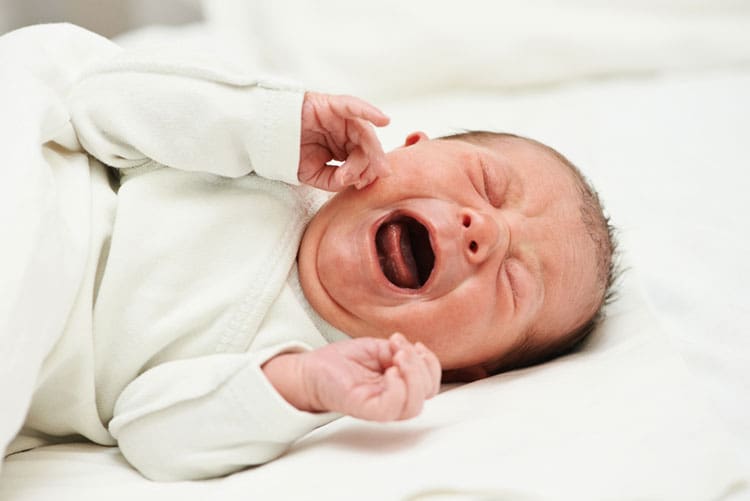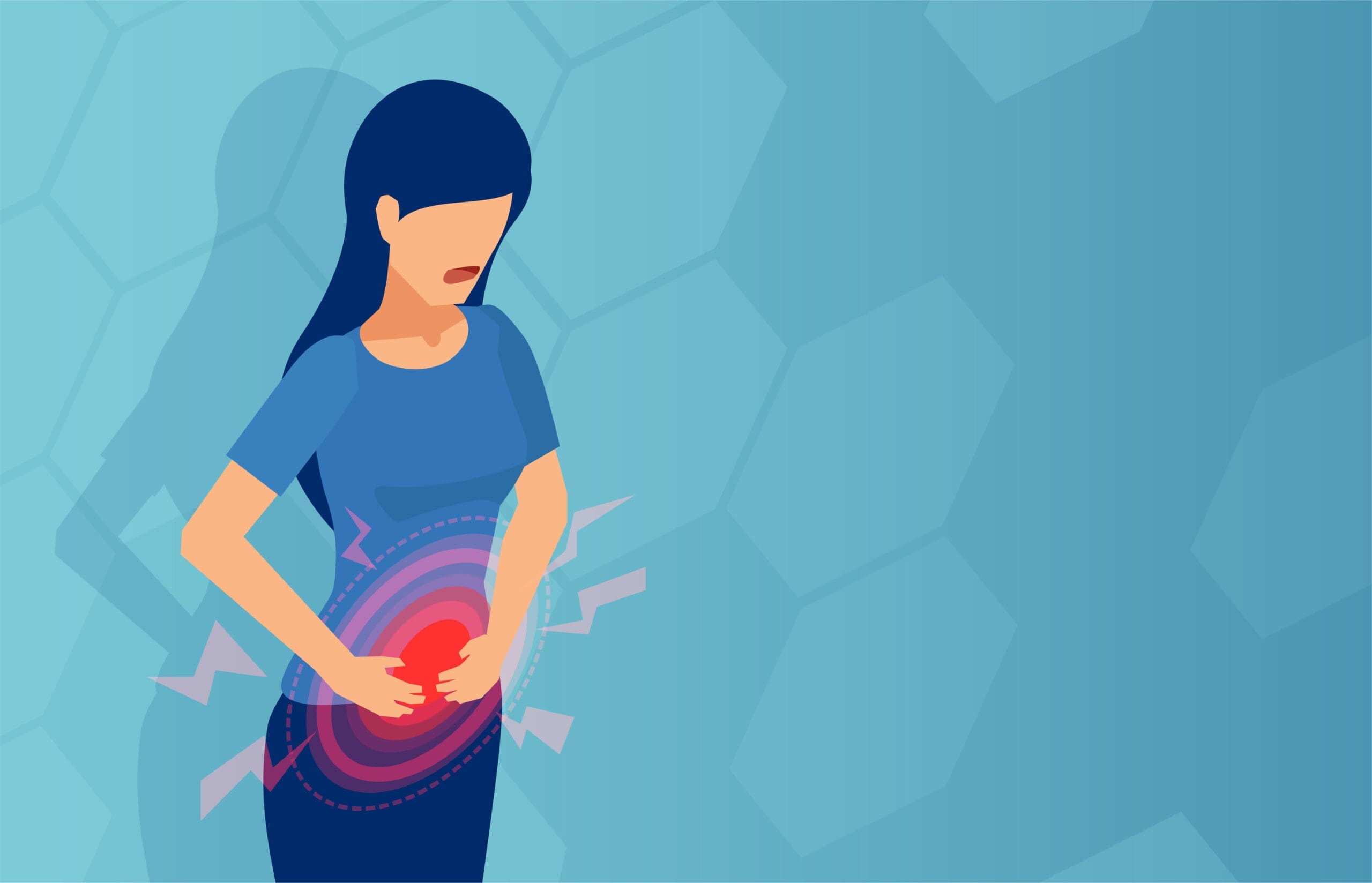Colic is a pattern of unexplained, excessive crying in an otherwise healthy and well-fed baby and happens to 1 in 5 Australian babies.
childrens health
Appendicitis
Appendicitis is inflammation of the appendix. It usually starts with the main symptom of pain around the navel that moves to the lower right abdomen.
Muscular dystrophy
Muscular dystrophy describes a group of inherited diseases in which the muscles that control movement become progressively weaker and waste away, causing symptoms such as difficulty walking.



